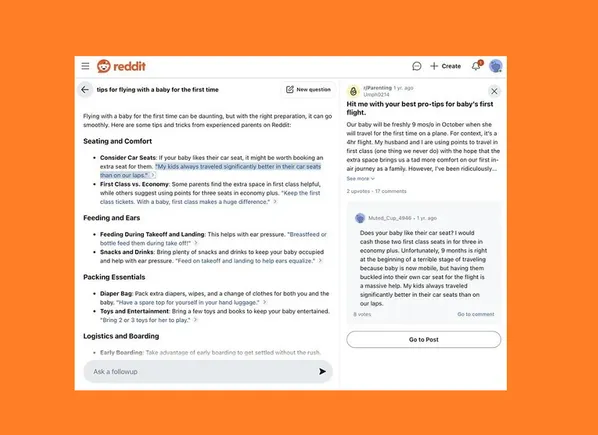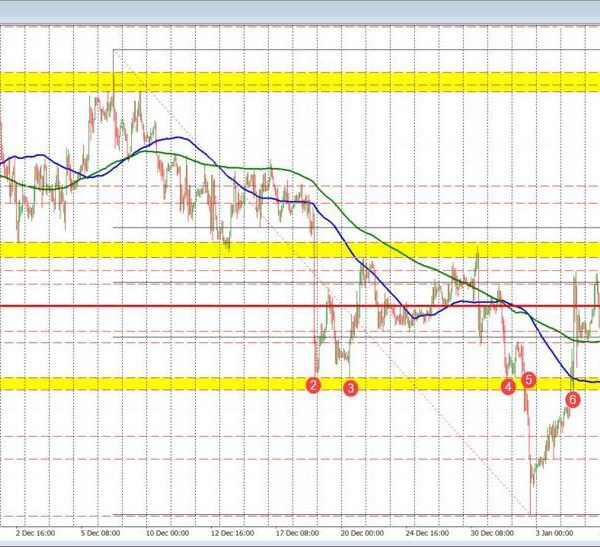The French government is on the brink of collapse and investors are gearing up for a volatile week of trading, with some eyeing opportunities amid the chaos. The difference between French and German government bond yields has risen to 85 basis points in recent days — the highest in more than 10 years — as fiscal and political tensions have risen in Paris. The Oat – Bund spread, as the two respective sovereign bonds are known, shows the negative sentiment investors have toward French government bonds relative to German government bonds. The absolute yield for both countries has fallen steadily over the last month as the European Central Bank has cut rates and signaled further monetary loosening ahead. This week, the left-wing alliance and the far-right Rassemblement National (RN) tabled a motion in Parliament to topple the French government and its Prime Minister Michel Barnier . It comes after Barnier said he would force through cuts in social security, to lower the government’s 6% budget deficit, without a vote. If the recently appointed government is toppled, Barnier would be the shortest-serving prime minister in France’s modern history. It would also imply that sitting ministers are likely to be lame ducks until France goes to polls in July 2025, since elections can only be called once every 12 months in the country. The paralysis is likely to mean that an emergency budget will need to be enacted, and the budget deficit — at twice the limits imposed by EU treaties — risks going largely unchanged for nearly another year. Under the current trajectory, public debt is also set to increase to some 117% of GDP by 2026, from 110% in 2023 , pushing up long-term borrowing costs. The “re-emerging fiscal tensions in France don’t bode well for the euro as foreign inflows into French bonds could deteriorate rapidly from here as they did back in July when domestic political risks flared up,” said UBS strategists led by Vassili Serebriakov in a note to clients on Dec. 2. “This could be especially damaging at a time when a weakening domestic economy and U.S. tariff threat are translating into a dovish ECB outlook.” If the government falls If a vote of no-confidence passes, the government would fall and increase the risk premium investors will seek from France, according to Alex Everett, a bond fund manager at asset manager abrdn, who profited from a short-position in French government bonds until Friday. However, the key to how drastic and quickly bond prices move is likely to depend on what French President Emmanuel Macron does next. If the collapse in consensus in Parliament leads to Macron’s resignation, then bond yields could move “extremely violently” — worsening by 35 basis points, or the Oats-Bunds spreads widening to more than 120 basis points, according to Everett. On the other hand, if Macron stays in power after the vote of no-confidence passes, spreads are likely to widen by around 20 basis points, the bond fund manager added. “If Macron does resign, then actually you probably could get extremely violent moves,” Everett told CNBC Pro. “In the scenario where we get to 120, we get there more quickly.” “That opens up a much more violent set of outcomes, and, frankly unknown,” he added. Everett’s fund, the abrdn Euro Government Bond Fund , expects that French government bond prices will fall further, while favoring bonds from the Netherlands and Spain. Negotiating ploy Due to the risks associated with the Barnier government’s downfall, some believe the vote of no-confidence is a last-minute negotiating ploy by the government’s political opponents. Analysts at Metzler Research believe a new government would be likely to face the “same extremely complex distribution of votes in parliament” as the current setup. Macron is likely to nominate another centrist candidate to be prime minister, making no further progress in budget negotiations. “A budget resolution at the second attempt seems hardly more likely to us and the risk of months of political paralysis looms,” said analysts led by Leon Ferdinand Bost at Metzler Bank, who expect bond spreads to remain where they currently are. Abrdn’s Everett also echoed the doubt behind the move to topple the government. The bond manager believes the Rassemblement National is hoping to use the vote of no-confidence as a negotiating ploy to extract further concessions from Barnier’s budget and water down social welfare cuts. “I’m a little bit skeptical as to the value for RN for causing [the] government to fall today,” said Everett. “I don’t really see how that helps RN, who’s desperate to improve the cost-of-living issues.” A downfall in the government is likely to leave issues directly impacting people unchanged and will “definitely” lead to relatively higher borrowing costs for France. “They’re agents of chaos for little political end,” Everett added.
Subscribe to Updates
Get the latest tech, social media, politics, business, sports and many more news directly to your inbox.















